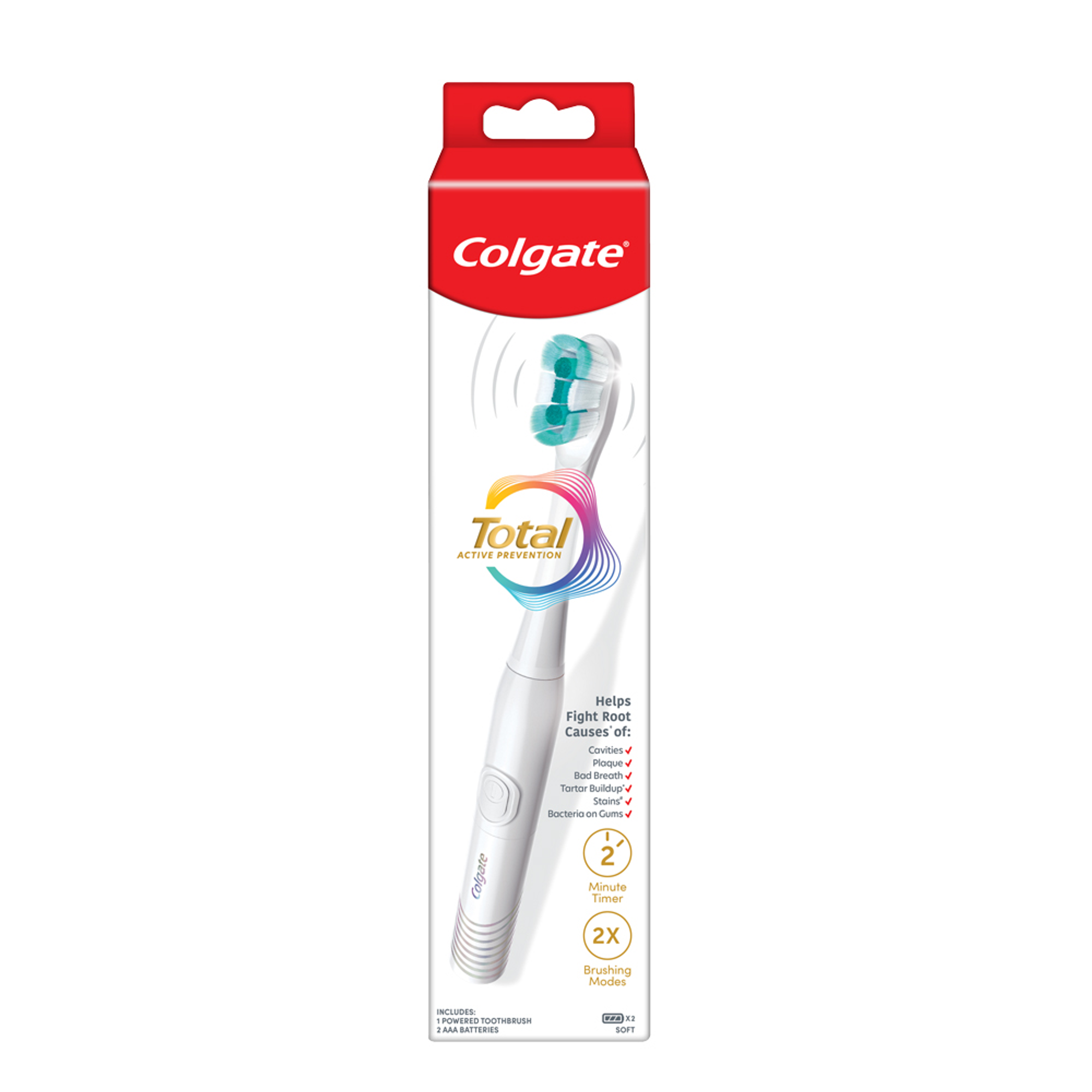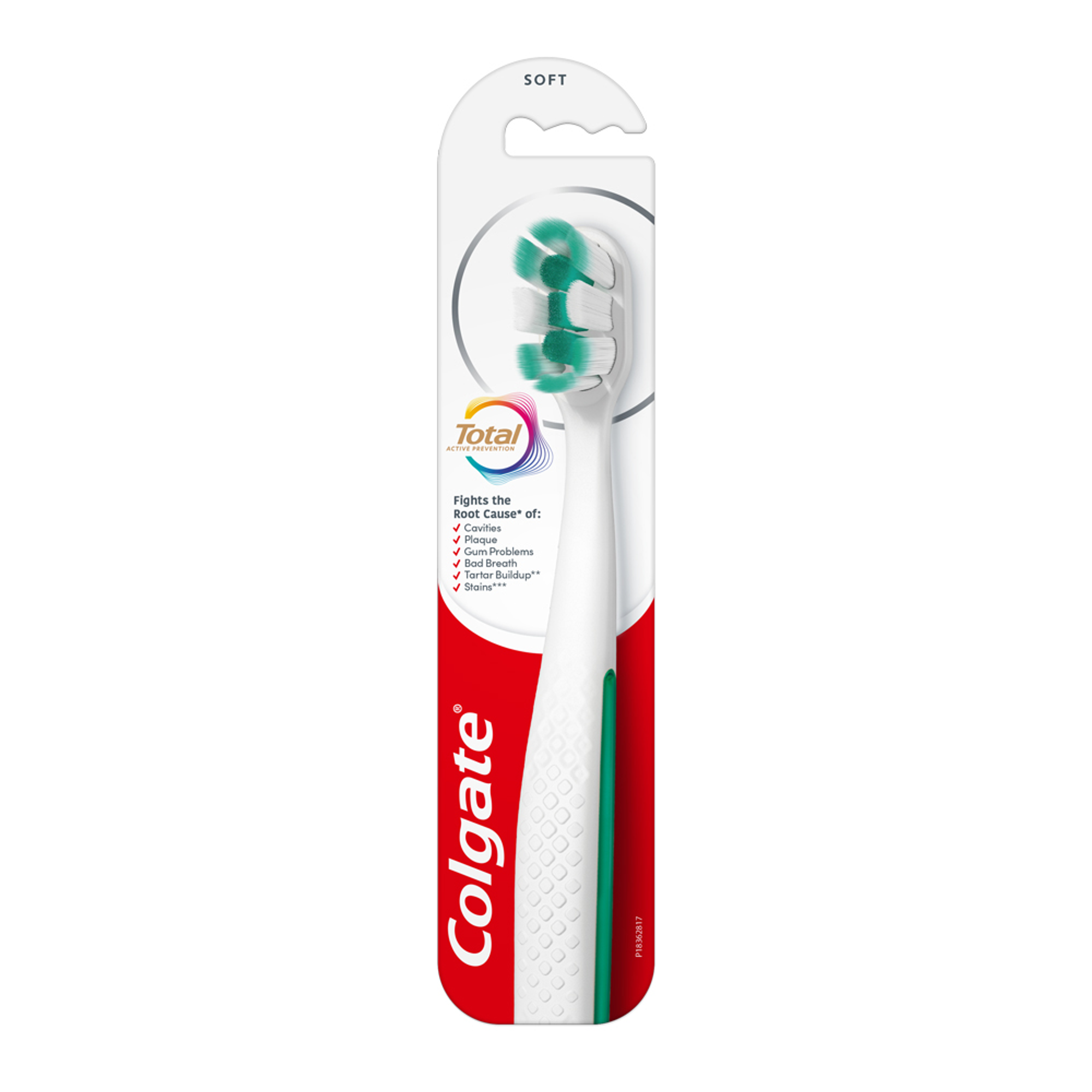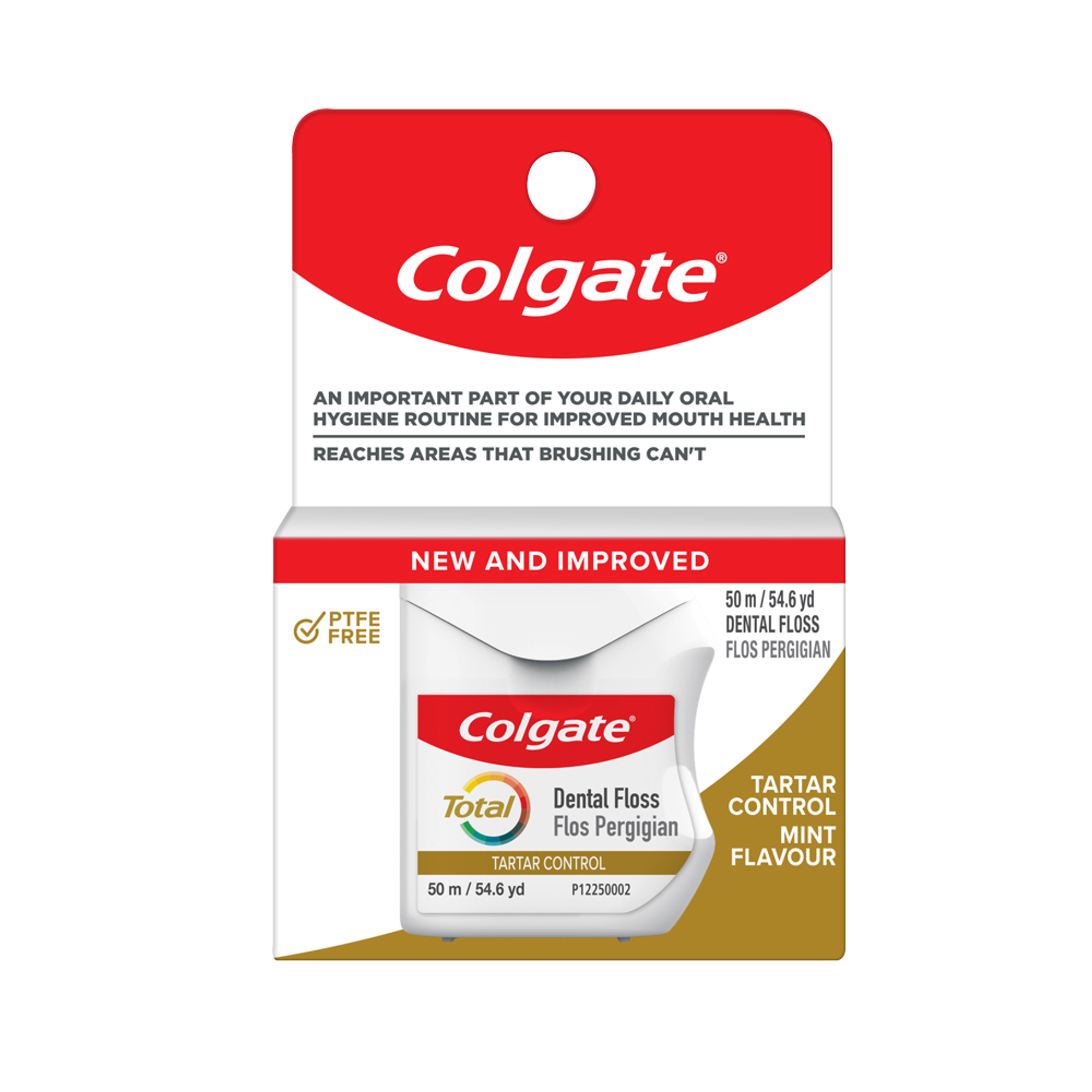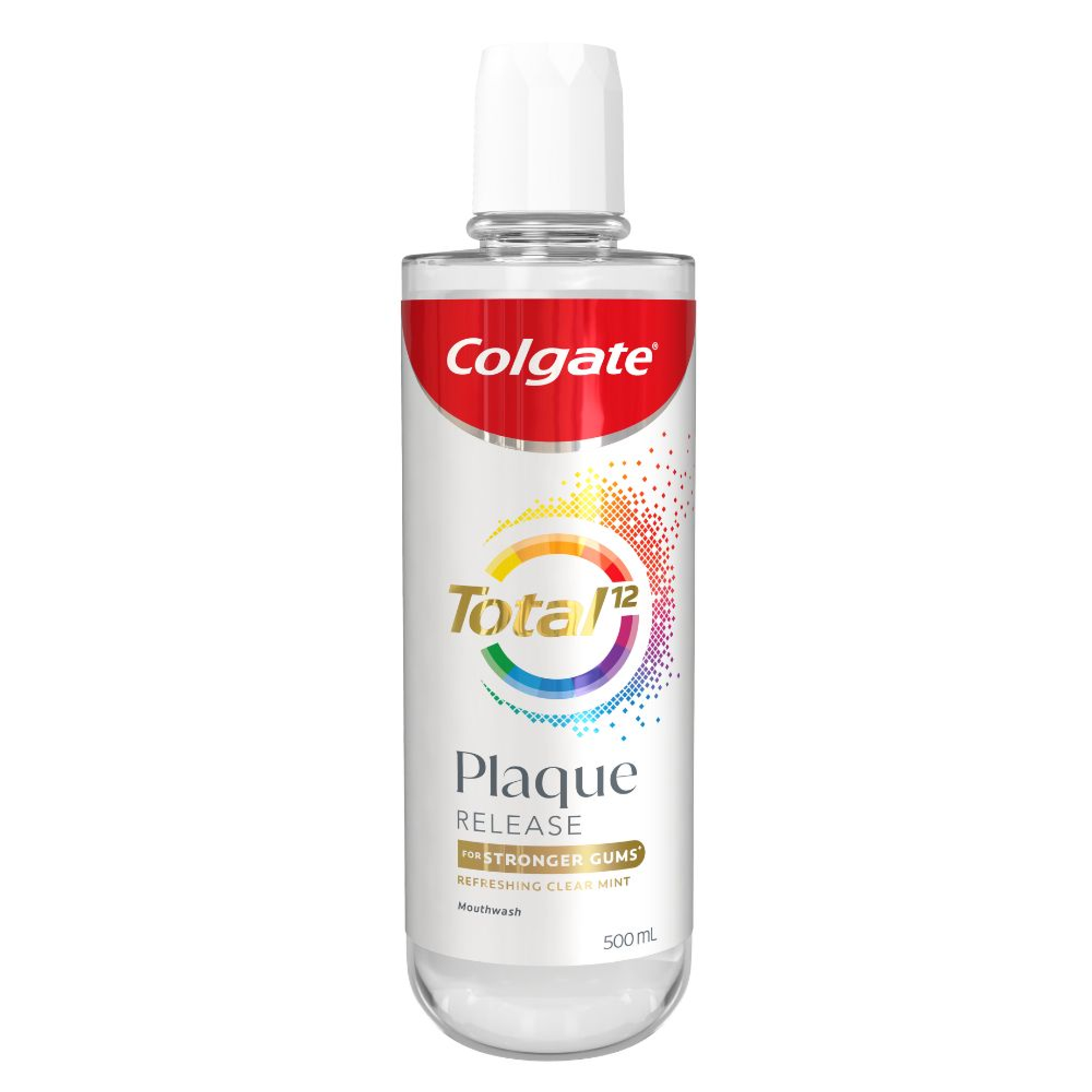-
-

FLUORIDE
Discover how stannous fluoride toothpaste prevents cavities and other oral health issues. Learn the key benefits of fluoride for teeth and its best uses.Fluoride plays a vital role in oral healthcare...

TEETH WHITENING
Teeth Whitening Serum for a Brighter, Confident SmileWho does not want whiter and brighter teeth? Thanks to the many teeth-whitening products available today...
-
Science & Innovation
- ORAL HEALTH ASSESSMENT
- Colgate® | Toothpaste, Toothbrushes & Oral Care Resources
- Oral Health
- 4 Questions You Might Have About Chlorhexidine Gluconate Mouthwash


1. What is Chlorhexidine Gluconate Mouth Rinse?
Chlorhexidine gluconate is just one of the treatments available for oral health conditions like early gum disease (gingivitis) and advanced gum disease (periodontitis). According to a literature review in the US Journal of Dentistry, chlorhexidine is prescribed to reduce plaque (dental biofilm), prevent cavities and infections, or treat periodontitis. Typically, chlorhexidine gluconate is prescribed for temporary use.
2. How Does It Work?
Chlorhexidine gluconate is an antimicrobial: it kills bacteria throughout the mouth. Chlorhexidine can be applied in different ways. If your dental or medical professional prescribes a mouth rinse, follow the directions. According to a study in the Journal of Indian Society of Periodontology in the United States, chlorhexidine gluconate may also be applied directly under the gum line at home or during an appointment.
3. Are There Any Side Effects?
Chlorhexidine gluconate mouthwash has a few possible side effects, like a change in taste, an increase in tartar build-up and staining of the teeth, gums and dental appliances. But these side-effects typically only appear with long-term use and your dentist or physician will consider them before prescribing.
While severe side effects of using medicated mouthwash are rare, according to the advisory issued by the Health Sciences Authority, chlorhexidine is known to induce hypersensitivity, including generalised allergic reactions and anaphylactic shock. Call your dentist or physician immediately if you experience any of these symptoms or any reaction after rinsing.
4. How Long Should I Use Chlorhexidine Gluconate Oral Rinse?
The period of treatment will be decided by the prescribing dental professional. Your dentist or physician will prescribe a specific concentration of chlorhexidine gluconate (most mouth rinses contain only .02% chlorhexidine, but it can vary) and the length of treatment.
No treatment is a substitute for proper oral hygiene. Along with daily flossing, try brushing with a toothbrush that has curved, soft outer bristles to clean the gum line and firmer inner bristles to effectively clean teeth. And remember to clean between your teeth with floss, flossers or another interdental cleaner. Talk to your dentist about your options, and they will be able to help you find the solution that fits your smile best.
Related Articles


Learn effective ways to remove tartar buildup, prevent plaque, and maintain a bright, healthy smile. Discover expert tips for easy tartar removal at home.

Noticing that your cheeks are swollen can be distressing. There are many possible causes of cheek swelling, and a doctor or dentist can diagnose the issue.
Related Products

Helping dental professionals
More professionals across the world trust Colgate. Find resources, products, and information to give your patients a healthier future








